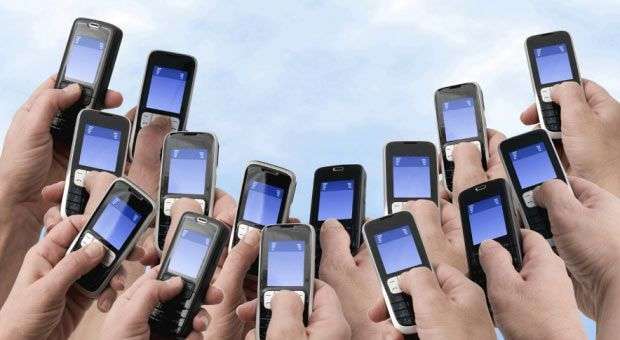According to scholars, or the pessimists, the beginning of the digital age has brought the inevitable end of printed literature. But the text loses value by changing its platform? Is there in Cuba digital literature?
While some intellectuals of the island (such as those that gathered this week in the space Motion Cycles, at the Dulce Maria Loynaz Cultural Center) are still debating the existence of a new-generation, and real- of writers in Cuba, Cuban literary productions are increasingly supporting the use of new technologies, whether to increase its value or to achieve a wider readership.
A very peculiar phenomenon that indicates the birth of a brand new e-literature, and for the record, it is not the known e-books-are the digital micro stories. Following the boom that these creations have had on the Spanish-speaking world in recent times, in Cuba this year was the first competition of micro stories by SMS.
That in only 60 days 255 texts by 106 authors are presented is a fact that, although it does not set consolidated reference, it shows interest in a literary renovation and expansion that we hadn’t seen before this event.
The question is on the thin line between the new “literature” and common text messages, presumably because each time you send one of them it doesn’t mean you are a Cevantes or Benedetti.
Maybe it’s time to recap the theoretical concepts of literary creation; this is one of the most important controversies to be discussed in Cuban literature. If dinosaur Augusto Monterroso left on the table to reflect a theme, what to think of this Apology, by Yonlay Cabrera-winning National First Prize for fiction:
“bb, mom bein drunk 4 two days, poppa took the money and I think they’ll kick me out of the rent. Fuck, sure I forgot ur bday” Can you call that “literature”?
There has been a lot of talking about writing through electronic messaging, about to judge it as a setback in the language: misspellings, poor vocabulary … Why not understand the “new” statements as a result of the hectic time we live, as a requirement of the technology itself: immediate, demanding the synthesis, or as a simple derivation of the economic cost of the messages?
On one occasion, the Portuguese writer José Saramago said: yes you can mourn over the page of an e-book, although it is not recommended. And certainly, Cubans today are advocating for the “thumbs literature”.










